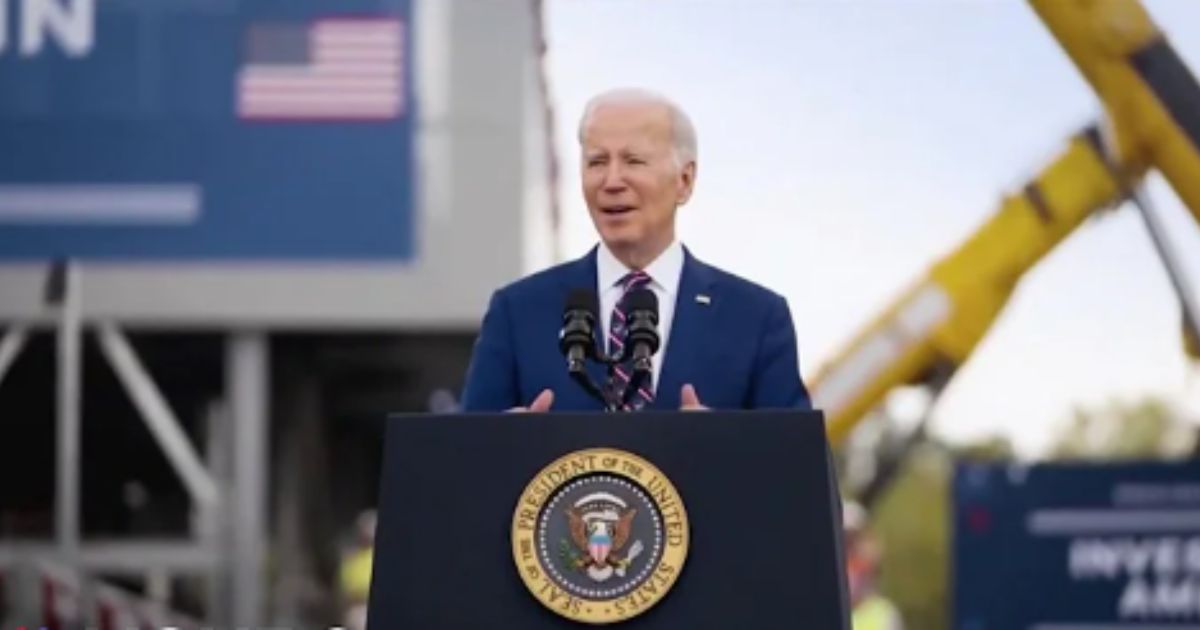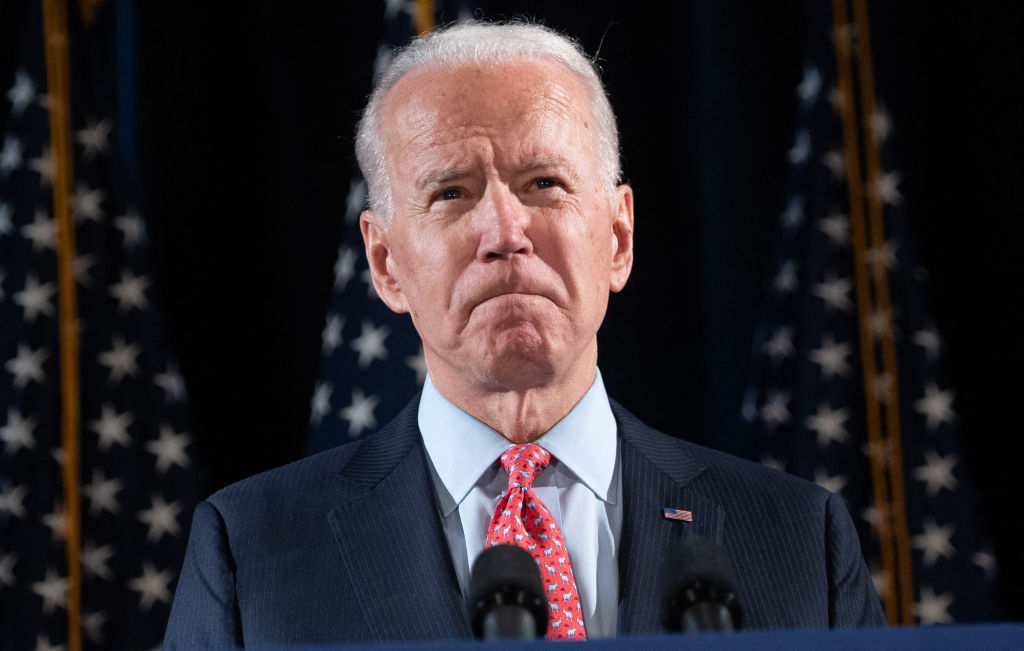Washington Post Fact-Checker’s New Approach to Suggest Hunter Biden Laptop Disinformation: Ignoring Key Documents
The media’s recent embrace the Hunter Biden laptop as a legitimate source of news is a major win for accountability reporting. Unfortunately, that has not meant an end to media gatekeeping about which lines of inquiry can be considered legitimate news.
In his latest dispatch, for instance, Washington Post fact-checker Glenn Kessler takes issue with former President Donald Trump’s (characteristically sloppy) allegations about a mysterious $3.5 million wire transfer from Yelena Baturina, a Russian billionaire, to a company connected to Hunter Biden. “He brought it up yet again recently, prompting us to finally resolve what’s going on here,” Kessler announced on Twitter.
In the last weeks of the 2020 election, Trump 42 times claimed that Hunter Biden received $3.5 million from a Russian billionaire. He brought it up yet again recently, prompting us to finally resolve what’s going on here. https://t.co/JBbYyTCqRU
— Glenn Kessler (@GlennKesslerWP) April 8, 2022
Instead of fully leveraging the Washington Post’s access to original documents, Kessler’s analysis relies on the word of anonymous sources, some with ties to the businesses under scrutiny.
A little backstory: In December 2013, Hunter Biden helped start a Chinese private equity fund called Bohai Harvest RST (BHR). The American partners held their interests in the company through a shell company called Rosemont Seneca Thornton. Senate investigators later revealed that Yelena Baturina, the billionaire ex-wife of Moscow’s longtime mayor, transferred $3.5 million to Rosemont Seneca Thornton on February 14, 2014, raising concerns about Hunter Biden’s possible relationship with the Russian oligarch.
That’s where Kessler raised an important objection:
[A]lmost as immediately as Rosemont Seneca Thornton was created, the partners decided to dissolve it, according to a person with access to the board minutes…
Within a year, Chinese corporate records reflected that the foreign investors in BHR were Rosemont Seneca Bohai LLC, with 20 percent, and Thornton Group LLC, with 10 percent. Corporate records show Rosemont Seneca Bohai, the replacement corporate vehicle, was formed on Feb. 13, 2014, the day before the Baturina transfer.
In theory, for Hunter Biden, Rosemont Seneca Thornton was no more.” [Emphasis added]
So, in this telling, Hunter Biden had no reason to be involved with Rosemont Seneca Thornton at the time it received Baturina’s millions.

Former Moscow mayor Yuri Luzhkov (left) and his wife, businesswoman Yelena Baturina, walk at a polling station during parliamentary elections in Moscow on September 18, 2016. (YURI KADOBNOV/AFP via Getty Images)
But emails from Hunter Biden’s laptop show that the board resolution to split Rosemont Seneca Thornton’s stake was not circulated until October 2014, eight months later than Kessler acknowledges. And a February 2015 email to Hunter from one of BHR’s partners confronts him with the possibility of a capital injection from Rosemont Seneca Thornton. And Chinese corporate records, available to the public, named Rosemont Seneca Thornton as a shareholder until June 2015, 16 months after the company was supposedly “no more,” as far as Hunter was concerned.
Strangely, none of those details made it into the fact check.
Yet the laptop is cited elsewhere in the story. Kessler noted that the Washington Post did not find “significant evidence of direct interaction” between Hunter and Baturina on the laptop. Nor did they find records showing that Hunter personally received $3.5 million in 2014. Yet, when it came to establishing the timeline around Hunter Biden’s relationship with Rosemont Seneca Thornton, Kessler cites exclusively “a person with access to [BHR’s] board minutes,” as though there was nowhere else to look.
Likewise, where Kessler acknowledged that Rosemont Seneca Thornton “unexpectedly” lived on under the control of Devon Archer, Hunter Biden’s longtime business partner, he apparently took it on faith that RST continued to exist for the benefit of Archer alone.

Devon Archer (far left) with former Vice President Joe Biden (center right) and his son Hunter (far right) golfing in the Hamptons.
Corporate records in Delaware, where Rosemont Seneca Thornton was registered, make it nearly impossible for the public to know who controls the company, but it’s hard to ignore that 10 percent of the stake originally held by Rosemont Seneca Thornton ultimately ended up in the hands of Hunter Biden. And it’s also hard to ignore that companies controlled by Archer regularly accepted payment on Hunter’s behalf, as in the case of Burisma.
That’s the knot Senate investigators, law enforcement officials, and reporters across the country are working to unravel. The evidence presented by Kessler does little to “finally resolve” it either way. More troublingly, his fact check creates the false appearance of clarity by omitting documents directly relevant to the issue at hand that explain precisely why all of this is a mystery in the first place.
The effect of that isn’t to curtail overheated political rhetoric, but to create the impression that the underlying issue is somehow settled and, therefore, further reporting may fall under the dreaded banner of “misinformation.” For a newspaper reckoning with the media-wide failure to seriously consider the laptop, that’s a huge step backward. From a fact-checking perspective, it’s outright malpractice.
Peter Schweizer is the president of the Government Accountability Institute, a senior contributor to Breitbart News, and the bestselling author of Red-Handed: How American Elites Get Rich Helping China Win.
Jacob McLeod is the research director at the Government Accountability Institute. Follow him on Twitter at @tweetsbymcleod.
" Conservative News Daily does not always share or support the views and opinions expressed here; they are just those of the writer."





